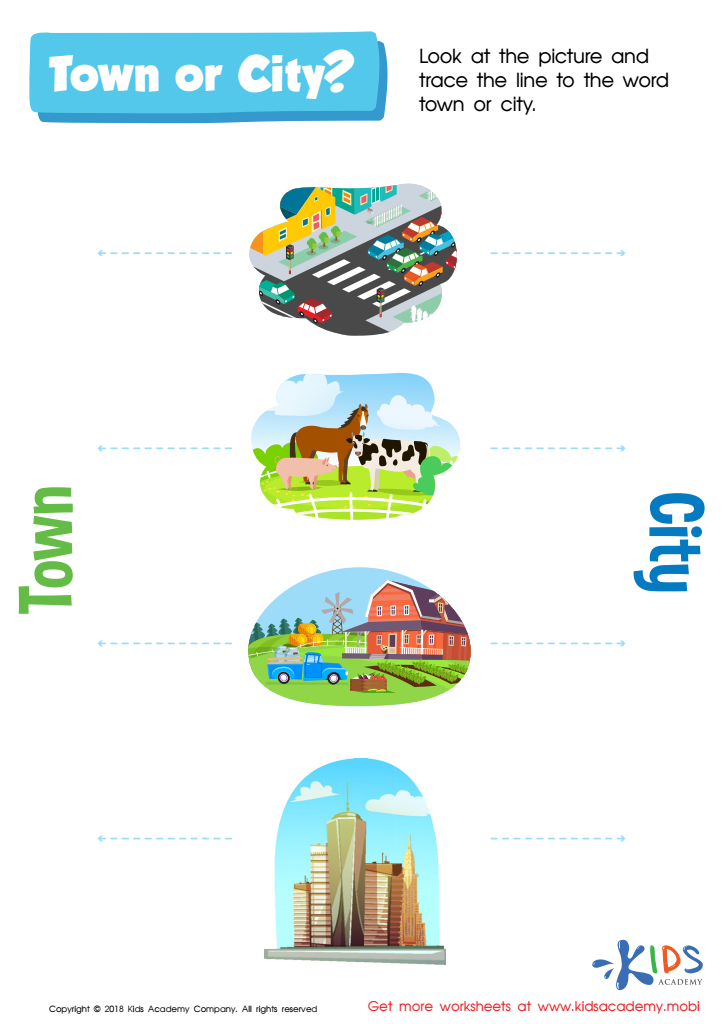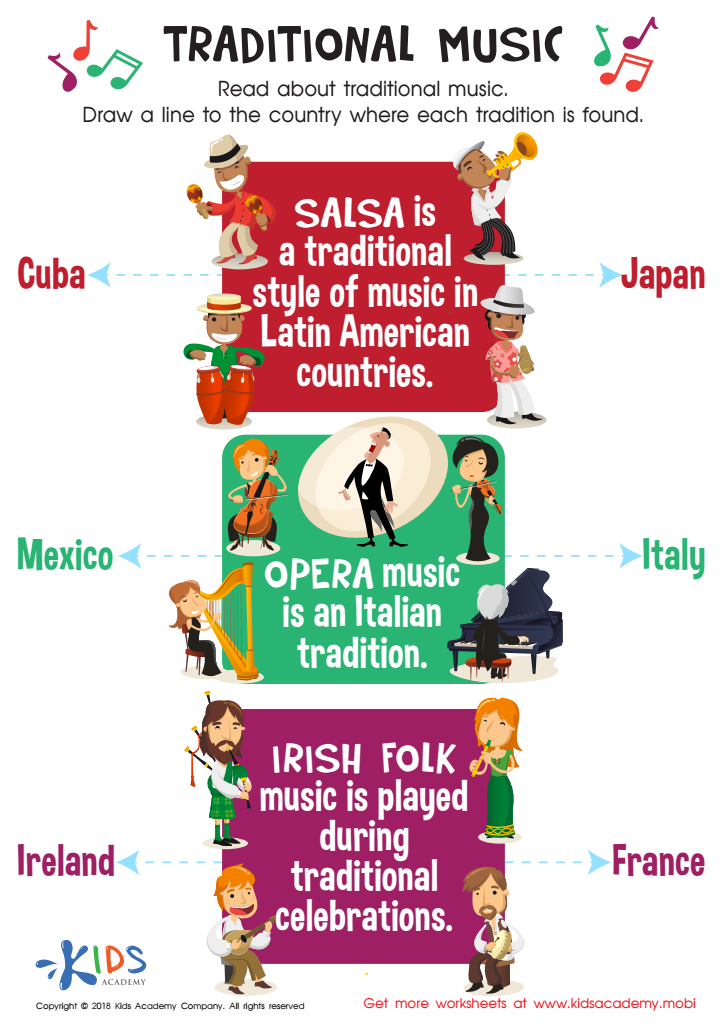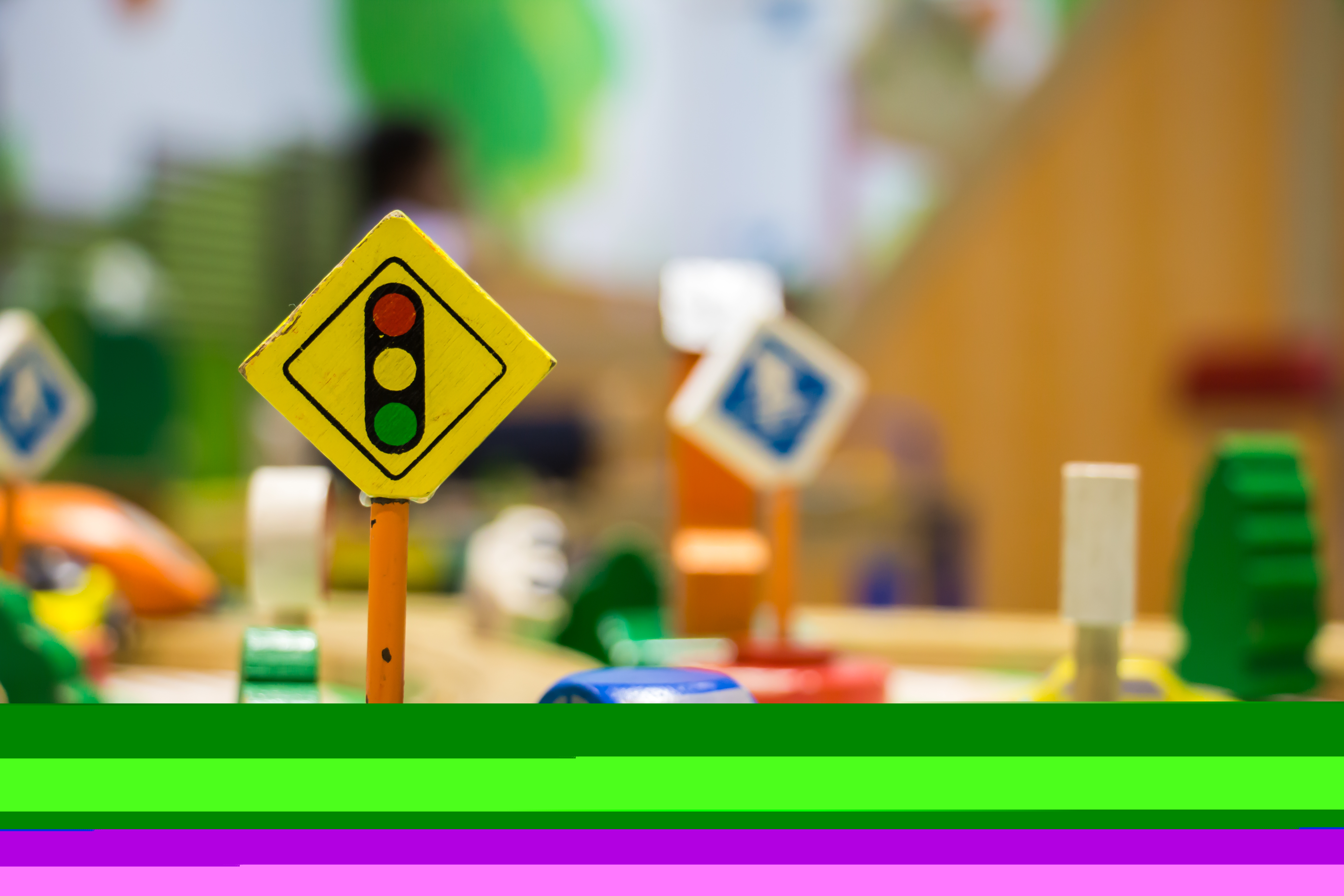Geography knowledge Normal Community Worksheets for Ages 3-8
3 filtered results
-
From - To
Explore the world with our Geography Knowledge Worksheets designed for ages 3-8! Engage young learners with interactive activities that build essential geography skills, from understanding maps and globes to identifying continents and oceans. Our carefully curated worksheets boast vibrant graphics and entertaining exercises to capture children's imaginations while fostering a strong foundation in geography. Ideal for classroom or home use, these worksheets help develop critical thinking and enhance spatial awareness, making geography learning exciting and fun! Visit Kids Academy to download and start your child's adventure in discovering the world's wonders today!


Town or City? Worksheet


Traditional Music Worksheet


Towns Worksheet
Understanding geography is integral to a child's development and greatly beneficial for ages 3-8. Parents and teachers should prioritize this for several compelling reasons. Firstly, early geography education fosters a sense of curiosity about the world, helping young learners understand their community and the larger global environment. By introducing children to basic concepts like maps, landforms, and different cultures, we broaden their horizons and open doors to future learning.
Secondly, geography knowledge promotes critical thinking. It encourages children to ask questions about the world around them, analyze information, and draw connections between different places and events. Skills like these are foundational for later academic success in subjects beyond just geography.
Moreover, early exposure to geographic concepts can aid social development. Learning about various countries, peoples, and cultures helps build empathy and understanding, laying the groundwork for inclusive attitudes and respect for diversity.
Finally, applied geography makes tangible connections to their lived experiences. For example, learning about weather helps kids understand daily changes around them, and discussions about different regions can tie into lessons on food, clothing, and traditions in their own households.
In essence, geographic knowledge sets the stage for well-rounded, informed, and socially conscious individuals, making it a vital component of early education.
 Assign to My Students
Assign to My Students















